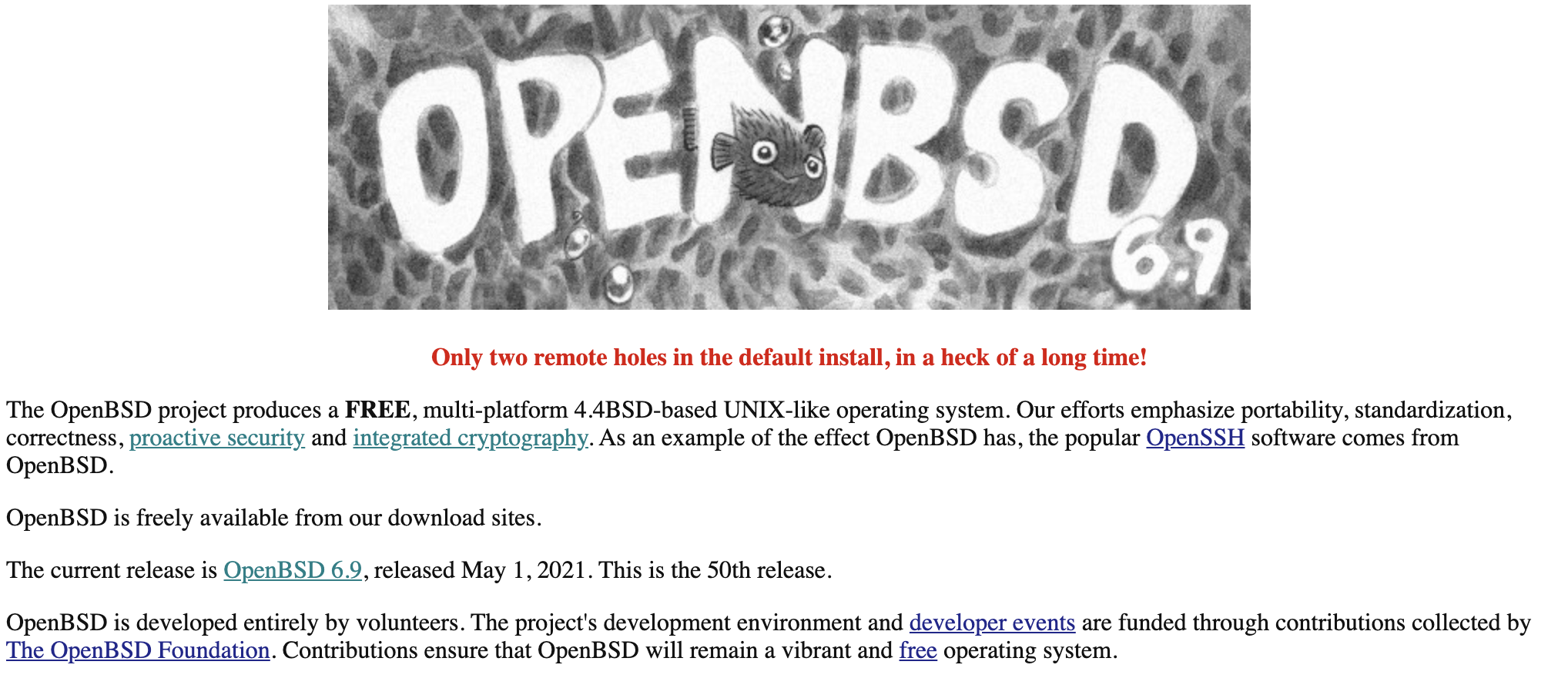Json Query
some basics about JQ
RAW Data
cat history.shelly.0.SHEM-3#40F52000B661#1.Total.Current.json | jq '.[0:3]'
[
{
"val": 2.64,
"ack": 1,
"ts": 1607900404883,
"q": 0,
"user": "system.user.admin"
},
{
"val": 2.61,
"ack": 1,
"ts": 1607900410483,
"q": 0,
"user": "system.user.admin"
},
{
"val": 2.58,
"ack": 1,
"ts": 1607900416083,
"q": 0,
"user": "system.user.admin"
}
]
Query First Record
cat history.shelly.0.SHEM-3#40F52000B661#1.Total.Current.json | jq '.[0]'
{
"val": 2.64,
"ack": 1,
"ts": 1607900404883,
"q": 0,
"user": "system.user.admin"
}
Filter val and ts
cat history.shelly.0.SHEM-3#40F52000B661#1.Total.Current.json | jq '.[0] |.ts,.val'
1607900404883
2.64
Filter val and ts on one line
cat history.shelly.0.SHEM-3#40F52000B661#1.Total.Current.json | jq '.[0] | (.ts |tostring) + ";" + (.val |tostring)'
"1607900404883;2.64"
Filter first 10 val and ts on one line
cat history.shelly.0.SHEM-3#40F52000B661#1.Total.Current.json | jq '.[] | (.ts |tostring) + ";" + (.val |tostring)' |head -10
"1607900404883;2.64"
"1607900410483;2.61"
"1607900416083;2.58"
"1607900421739;2.62"
"1607900427335;2.62"
"1607900433003;2.57"
"1607900438543;2.72"
"1607900444131;2.67"
"1607900449791;2.6"
"1607900455383;2.55"
Filter first 10 val and ts on one line
cat history.shelly.0.SHEM-3#40F52000B661#1.Total.Current.json | jq '.[] |.ts,.val' |paste - - |head -10
1607900404883 2.64
1607900410483 2.61
1607900416083 2.58
1607900421739 2.62
1607900427335 2.62
1607900433003 2.57
1607900438543 2.72
1607900444131 2.67
1607900449791 2.6
1607900455383 2.55
Current over 50A
cat history.shelly.0.SHEM-3#40F52000B661#1.Total.Current.json | jq -c '.[] | select (.val >= '50')'
{"val":52.55,"ack":1,"ts":1607907152399,"q":0,"user":"system.user.admin"}
{"val":52.54,"ack":1,"ts":1607907157975,"q":0,"user":"system.user.admin"}
{"val":52.53,"ack":1,"ts":1607907163639,"q":0,"user":"system.user.admin"}
{"val":52.5,"ack":1,"ts":1607907169220,"q":0,"user":"system.user.admin"}
{"val":52.49,"ack":1,"ts":1607907174863,"q":0,"user":"system.user.admin"}
{"val":52.53,"ack":1,"ts":1607907180639,"q":0,"user":"system.user.admin"}
...
BGP Stuff
dump networks from AS 3303
